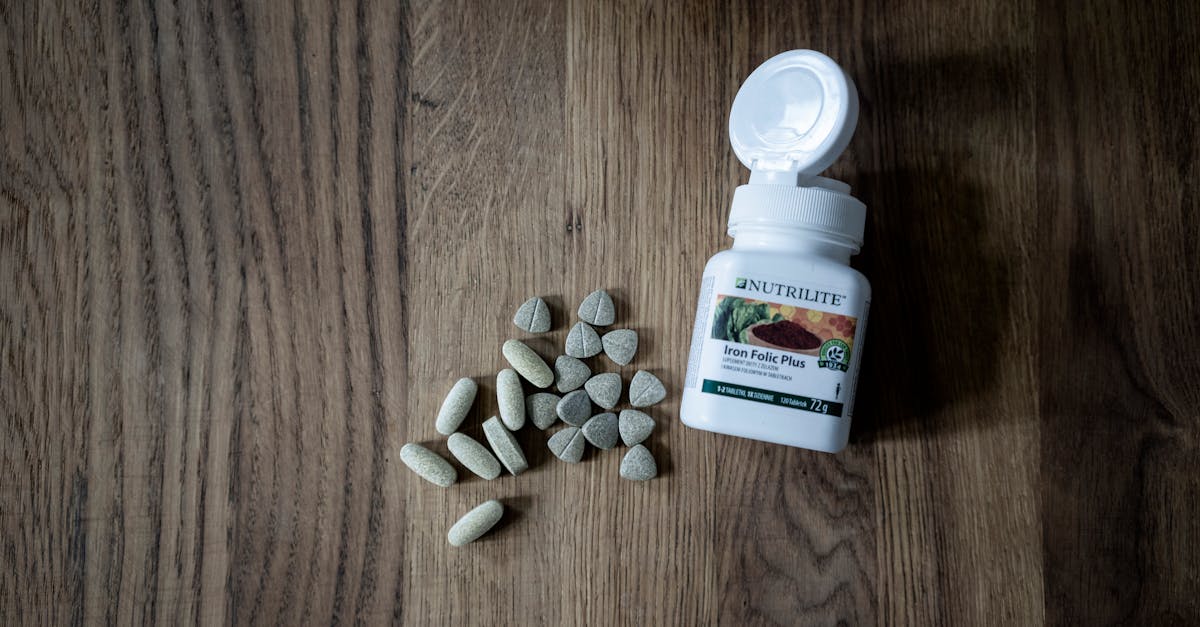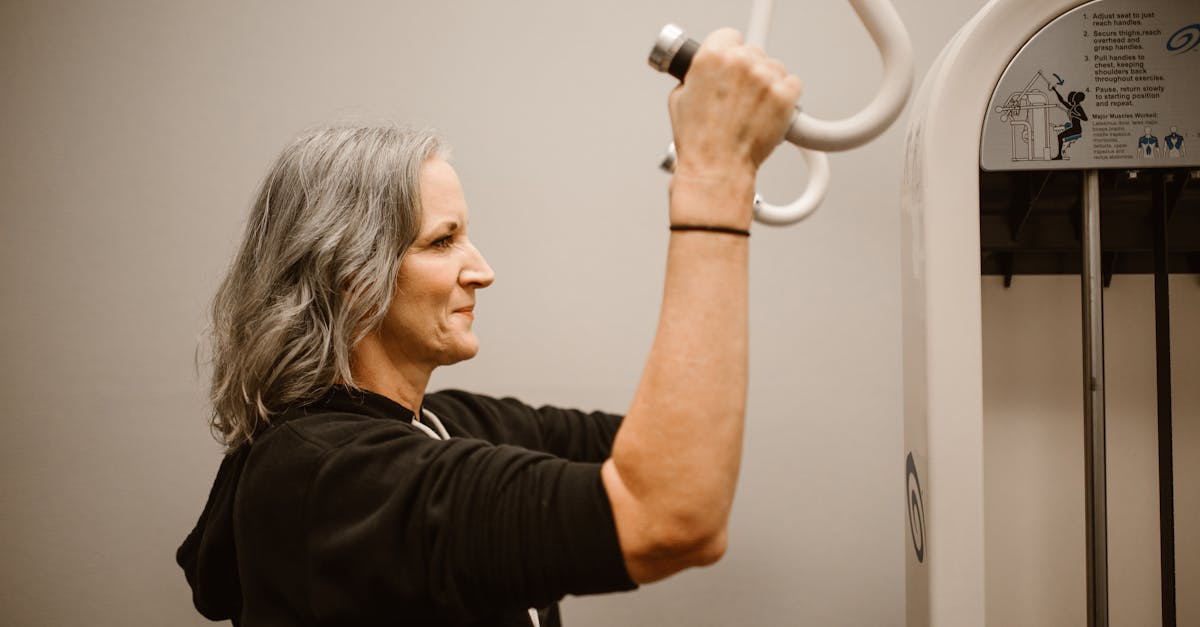Table of Contents
ToggleAfter bringing a new life into the world, many new moms find themselves battling a surprising foe: postpartum night sweats. Picture this: you’ve just survived the sleepless nights of early motherhood, and now your body decides to transform your cozy bed into a sauna. Who knew that the joys of motherhood came with a side of sweaty sheets?
These night sweats can leave new parents feeling more like they’re training for a marathon than enjoying those precious moments with their little one. But don’t worry; this phenomenon is more common than you might think. Understanding what’s happening can help turn those soggy nights into a distant memory. So let’s dive into the world of postpartum night sweats and discover how to reclaim those peaceful, dry slumbers.
Overview of Postpartum Night Sweats
Postpartum night sweats refer to the experience of excessive perspiration during sleep following childbirth. Many new mothers encounter this, and it can disrupt their rest. Commonly, these sweats result from hormonal fluctuations, particularly declines in estrogen levels.
These sudden changes in hormone levels lead to increased body temperature, causing that unwelcome sweating. While night sweats can vary in intensity, they frequently occur during the first few weeks postpartum. The experience often wakes mothers, leaving them feeling uncomfortable and fatigued.
Factors such as anxiety and stress may exacerbate the sweating. Additionally, wearing heavy pajamas or using thick blankets can contribute to overheating at night. Adjusting sleep environments can help; keeping the room cool and opting for breathable fabrics often eases symptoms.
The prevalence of postpartum night sweats affects many mothers, with studies indicating that almost 50% report this issue. Although concerning, this phenomenon usually resolves within a few months. Understanding the causes and seeking support can significantly improve the quality of rest during this transitional period.
Recognizing triggers is crucial. Mothers can track their sweat patterns and identify specific situations that worsen the condition. By implementing small changes in their sleep habits, they can regain a sense of comfort. This proactive approach fosters better sleep quality, which is vital for overall well-being during the postpartum phase.
Causes of Postpartum Night Sweats
Postpartum night sweats can result from various factors that affect new mothers during their recovery phase. Understanding these causes helps in managing symptoms effectively.
Hormonal Changes
Hormonal fluctuations significantly contribute to postpartum night sweats. After childbirth, estrogen levels drop, which can lead to increased body temperature. These hormonal shifts cause sweating, disrupting sleep patterns. It’s not uncommon for women to experience this symptom as their bodies adjust. During this transition, fluctuations in progesterone can also influence thermoregulation. Many mothers find that as hormone levels stabilize, symptoms gradually dissipate, typically within a few months.
Physical Factors
Physical factors also play a crucial role in postpartum night sweats. Increased body mass index before and after pregnancy can impact how heat is regulated during sleep. Stress and anxiety further exacerbate sweat production, as these emotional states stimulate the sympathetic nervous system. Heavy sleepwear or bedding materials can trap heat and worsen the situation. Creating a comfortable sleep environment by choosing breathable fabrics and lightweight blankets helps alleviate discomfort. Addressing these physical aspects can enhance sleep quality during this challenging time.
Symptoms and Duration
Postpartum night sweats can vary in severity and duration for new mothers. Understanding common symptoms helps in identifying the experience.
Common Symptoms
Sweating during the night often drenches sleepwear and bedding. Increased body temperature accompanies night sweats, disrupting restful sleep. Some mothers notice feelings of anxiety or discomfort due to unpredictable sweating episodes. Occasional chills may follow intense sweating, adding to overall distress. Fatigue from disrupted sleep becomes common as cycles of warmth and coolness create a restless atmosphere.
Duration of Symptoms
Symptoms frequently begin within the first few weeks postpartum. For many, these night sweats last for several months as hormonal balances shift. About 50% of mothers report improvement within three months after delivery. In some cases, lingering symptoms can persist longer, extending up to six months or more. Healing occurs as the body adjusts to changes; however, attention to triggers may aid recovery.
Coping Mechanisms
Coping with postpartum night sweats involves various practical strategies. Implementing lifestyle adjustments and exploring home remedies can provide notable relief.
Lifestyle Adjustments
Adjusting daily habits aids in managing night sweats. Staying hydrated throughout the day improves overall body temperature regulation. Choosing lightweight and breathable fabrics for sleepwear promotes airflow during the night. It’s essential to keep the bedroom cool, ideally between 60°F and 67°F, to create a comfortable sleeping environment. Additionally, practicing relaxation techniques, such as deep breathing or meditation, helps reduce stress and anxiety levels, which can exacerbate nighttime sweating. Engaging in regular light exercise can also improve sleep quality and help with hormone regulation.
Home Remedies
Incorporating home remedies offers further support against night sweats. Cooling gel pillows and breathable mattress covers enhance comfort by providing a temperature-regulated sleep surface. Herbal teas, particularly those containing chamomile or peppermint, can create a soothing bedtime routine that encourages relaxation. Using fans or air conditioning keeps air circulating and cools down the room. Applying aloe vera or cool compresses on the skin when sweating occurs may alleviate discomfort. Lastly, maintaining a diary to identify triggers helps mothers make informed adjustments to their environment and routine.
When to Seek Medical Advice
Postpartum night sweats often resolve on their own, but certain symptoms warrant medical attention. If excessive sweating persists beyond six months, consulting a healthcare provider becomes essential. New mothers should be aware of accompanying symptoms such as fever, severe fatigue, or pain, indicating a potential underlying condition.
Higher-than-normal temperatures during episodes may suggest an infection. Irregularities in heart rate, along with night sweats, could point to a more serious health issue. Should these signs occur, immediate evaluation is necessary.
Monitoring emotional well-being is crucial. Increased anxiety and mood swings in tandem with night sweats might indicate postpartum depression, which requires professional support. New mothers noticing significant changes in their mood, in addition to sweating, must talk to a healthcare professional.
All women experiencing intense night sweats alongside persistent changes in their overall health should seek evaluation. Ongoing concerns relating to sleep disturbances or overall wellness highlight the need for medical intervention.
Addressing these issues early can aid in recovery and promote better health. Taking these signs seriously can help ensure new mothers receive the care they require during this challenging period.
Conclusion
Postpartum night sweats can be an uncomfortable reality for many new mothers. Understanding the underlying causes and recognizing personal triggers can significantly ease this experience. By making small adjustments to the sleep environment and incorporating relaxation techniques, mothers can improve their sleep quality during this transitional time.
While these night sweats often resolve within months, staying aware of any persistent symptoms is crucial. Seeking medical advice when necessary ensures that any underlying issues are addressed promptly. Prioritizing both physical and emotional well-being can help new mothers navigate this challenging period with greater ease and comfort.







